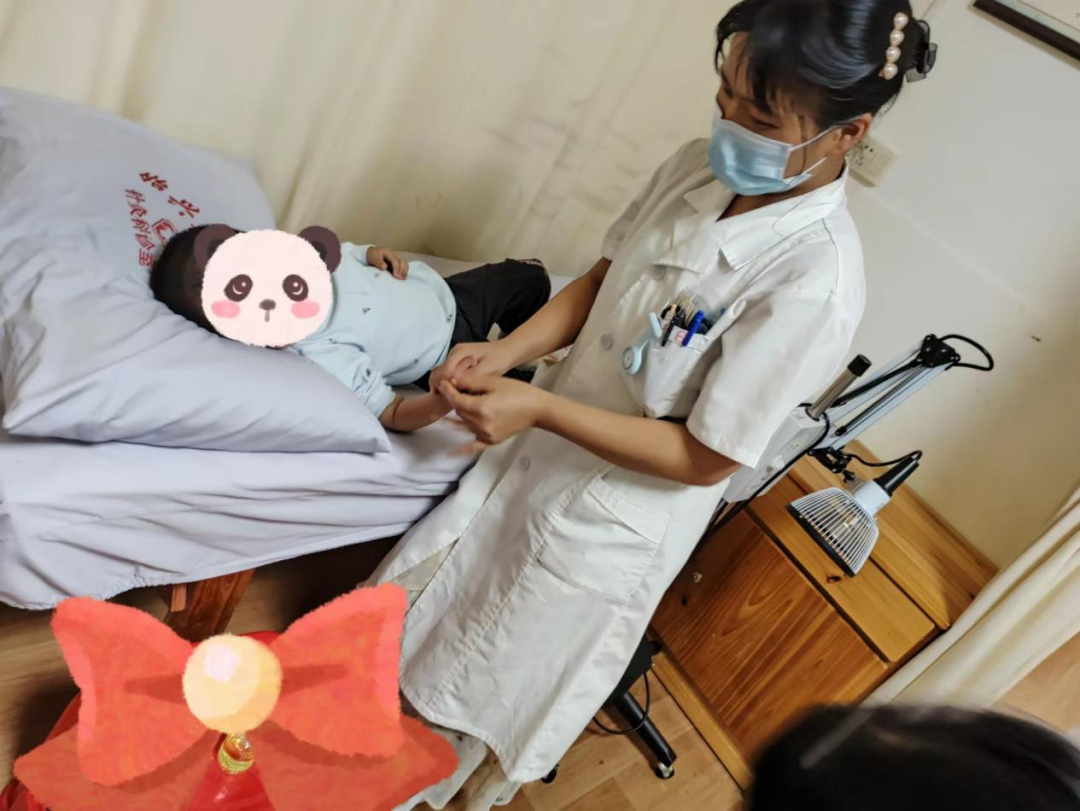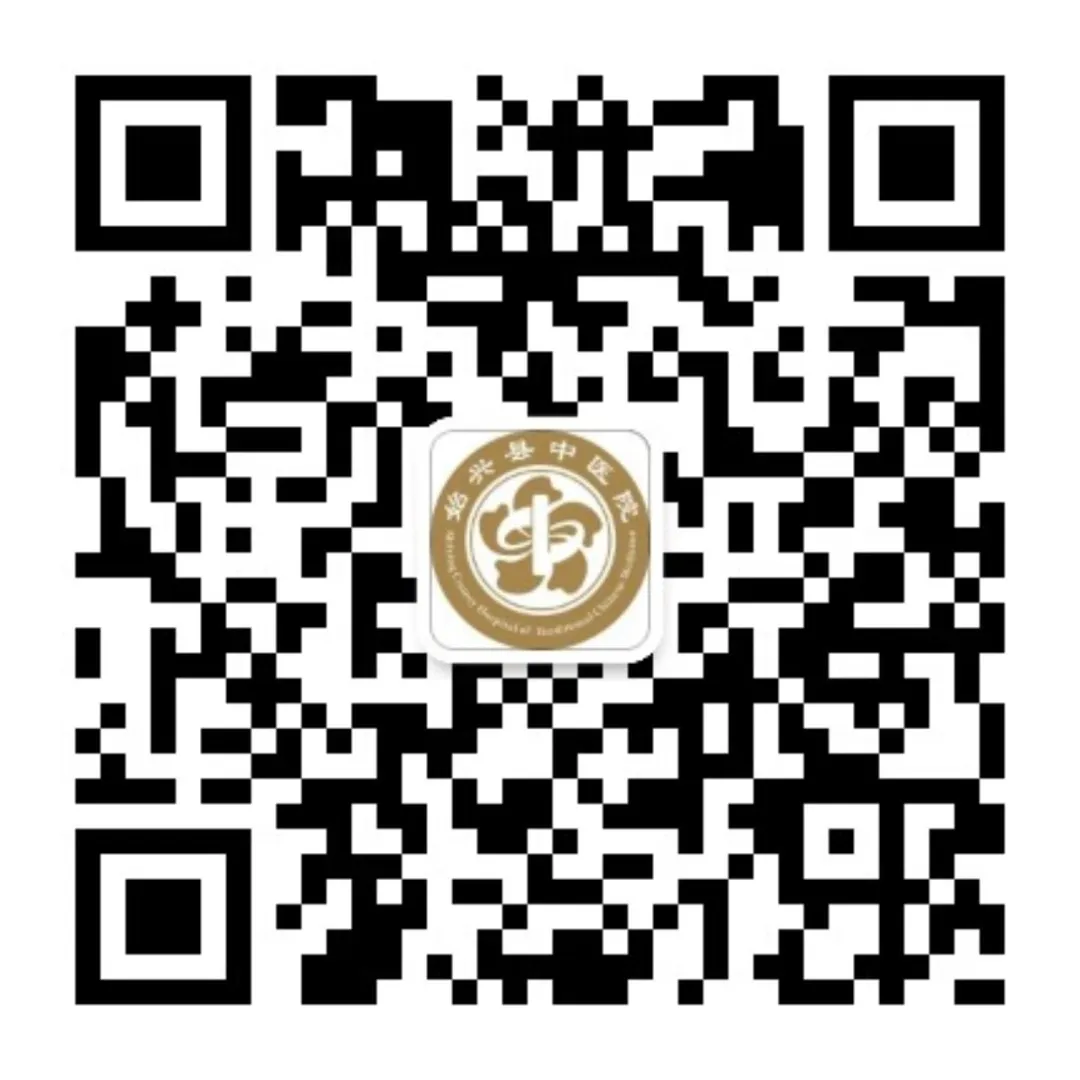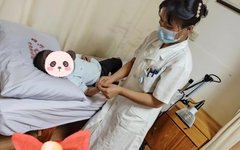What is Pediatric Tuina?

Pediatric Tuina (小儿推拿, xiǎo ér tuī ná) is a therapeutic technique in Traditional Chinese Medicine (TCM) that involves physical stimulation of acupuncture points through methods such as pushing, pressing, kneading, and pinching. It is classified as an external treatment method, and through a certain duration of acupoint massage, it can provide beneficial stimulation to the body to achieve therapeutic effects for related diseases. Clinically, it is commonly used to treat conditions such as diarrhea, cough, enuresis, anorexia, and constipation. It is a safe treatment method that is non-toxic and has no side effects.


Effects and Benefits of Pediatric Tuina

- Improving Digestive System Function: Pediatric Tuina can alleviate symptoms of digestive disorders such as bloating, constipation, and vomiting, helping children better absorb nutrients.
- Enhancing Immunity: Pediatric Tuina can stimulate the child’s immune system, enhancing the body’s resistance and preventing colds and respiratory infections.
- Improving Sleep Quality: Pediatric Tuina can soothe children’s emotions and relax the nervous system, helping to improve sleep quality and alleviate insomnia and night terrors.
- Promoting Growth and Development: Pediatric Tuina can enhance blood circulation and accelerate metabolism, aiding in children’s growth and development.
- Relieving Pain: Pediatric Tuina can alleviate various pains in children, such as toothache, back pain, and waist pain, reducing discomfort.
- Regulating Emotions: Pediatric Tuina can soothe children’s emotions through massage and acupoint stimulation, alleviating anxiety and depression, helping children better adapt to their environment.


Case Study 1: Pediatric Indigestion

Little Hong (pseudonym), a 9-year-old girl, frequently experiences loss of appetite, diarrhea, and abdominal pain due to indigestion. After a TCM diagnosis, it was determined that Little Hong has a condition of “Spleen and Stomach Deficiency” (脾胃虚弱, pí wèi xū ruò). Gentle Tuina massage was applied to her abdomen to help restore Spleen and Stomach function, combined with herbal treatment and dietary adjustments. Little Hong’s digestive issues improved significantly, with increased appetite and noticeable relief from diarrhea and abdominal pain.

Case Study 2: Delayed Growth

Little Ming (pseudonym), an 8-year-old boy, is 2 standard deviations shorter than his peers. His parents noticed that his height has always lagged behind that of his friends, causing them great concern. After some investigation, they decided to try Pediatric Tuina to help Little Ming accelerate his growth. During the first phase of Tuina treatment, Little Ming received a series of techniques including kneading, pushing, and pinching, primarily focused on his back, legs, and soles of his feet. After one month of treatment, he grew 3.5 cm.


Case Study 3: Pediatric Cold

Little Jun (pseudonym), a 7-year-old boy, suffers from recurrent colds. Whenever the seasons change or the weather fluctuates, Little Jun experiences symptoms such as cough and runny nose, affecting his normal learning and life. After a TCM diagnosis, it was determined that Little Jun has a condition of “Lung Qi Deficiency with Wind-Cold Invasion” (肺气不足,风寒侵袭, fèi qì bù zú, fēng hán qīn xī). Using Pediatric Tuina techniques, massage was applied to Little Jun’s pulse, breathing, and back areas, combined with herbal treatment. After a period of therapy, Little Jun’s cold symptoms significantly improved, and his health became better overall.

Case Study 4: Pediatric Insomnia

Little Tian (pseudonym), a 7-year-old boy, has poor sleep quality, often snoring, tossing and turning, and unable to sleep soundly. He also has a poor appetite. Upon examination, his complexion was pale, with severe dark circles under his eyes, and his pulse indicated a deficiency of Stomach Yin (胃阴虚证, wèi yīn xū zhèng). After treatment, his sleep quality improved significantly, with better sleep in the first half of the night, and occasional snoring in the latter half, while his appetite increased.



Explore the wisdom of Traditional Chinese Medicine and care for children’s health. Pediatric Tuina, rooted in thousands of years of pediatric wellness practices, opens a natural safeguard for your child.

-END-
Contributed by: Zhang Huihui
Initial Review: Fu Xingzhi
Final Review: Luo Yanfang
Please long press to recognize or scan the QR code below to make an appointment.



